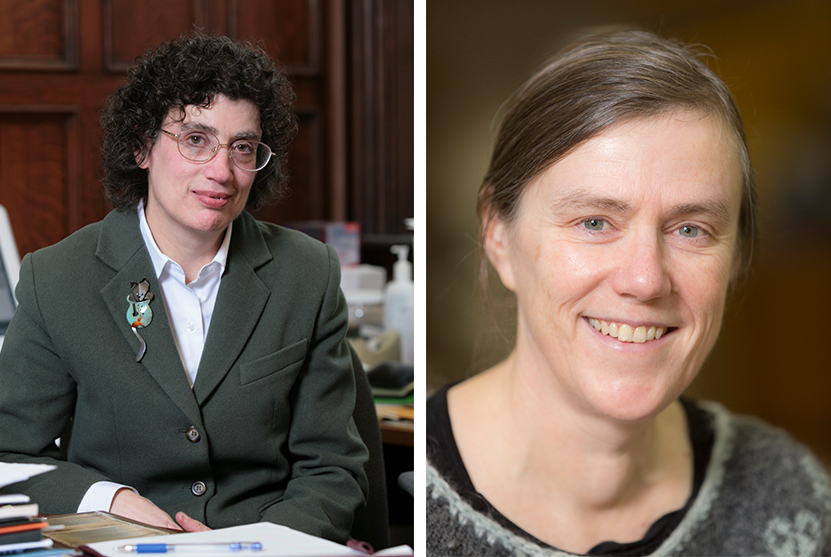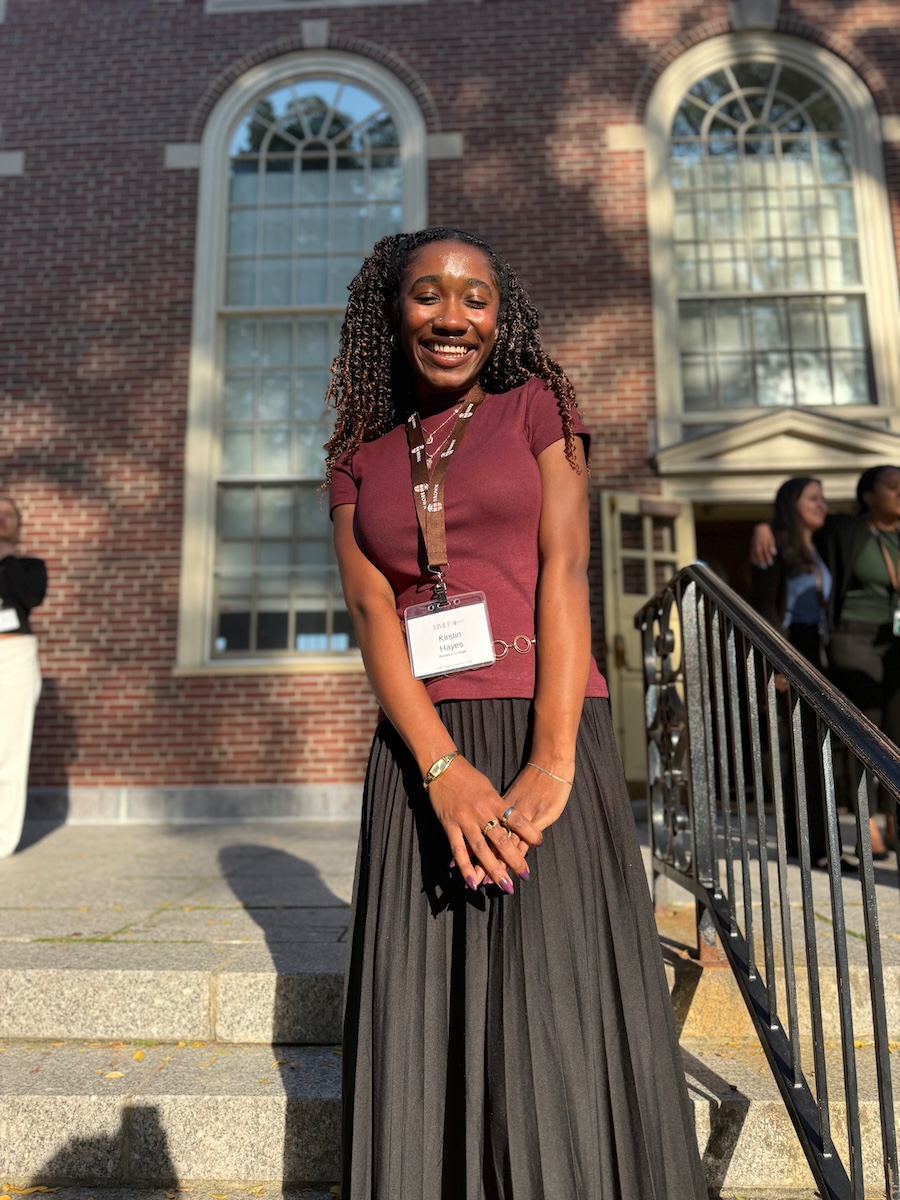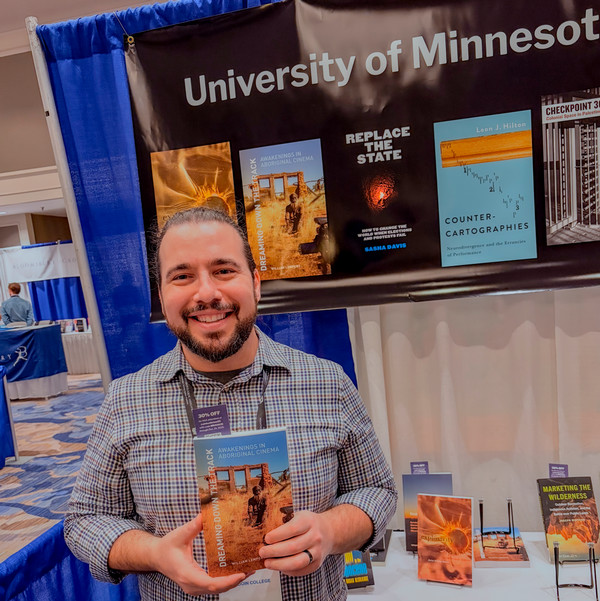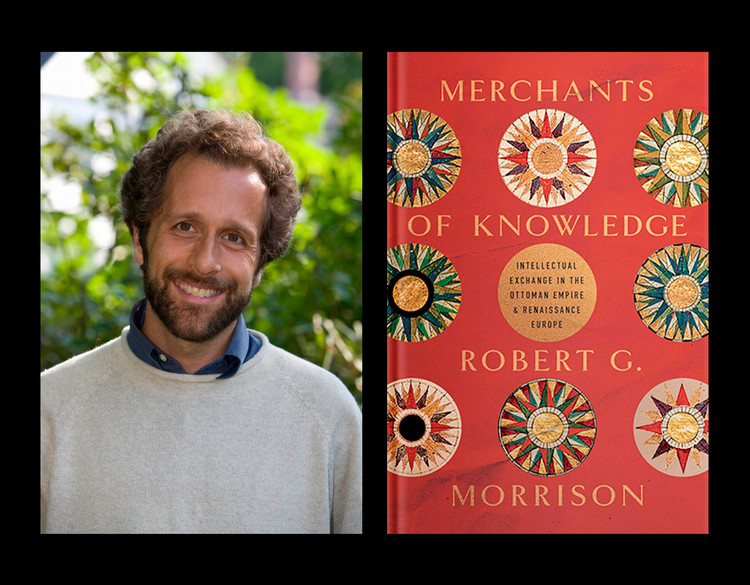When “Worship” Becomes “Religion”
By Tom PorterAssistant Professor of Africana Studies Ayodeji Ogunnaike has been awarded a prestigious postdoctoral fellowship by the Ford Foundation. He was one of twenty-four scholars selected for this year's cohort.
The award will enable him to spend nine months at the Five College Consortium's African Studies Program at Amherst. Ogunnaike says he will be using this time to conduct research for his current book project, How Worship Becomes Religion, which examines the religious practices of the Yoruba people of Nigeria and how these have been affected by exposure to European and Western ideas of what “religion” should be.
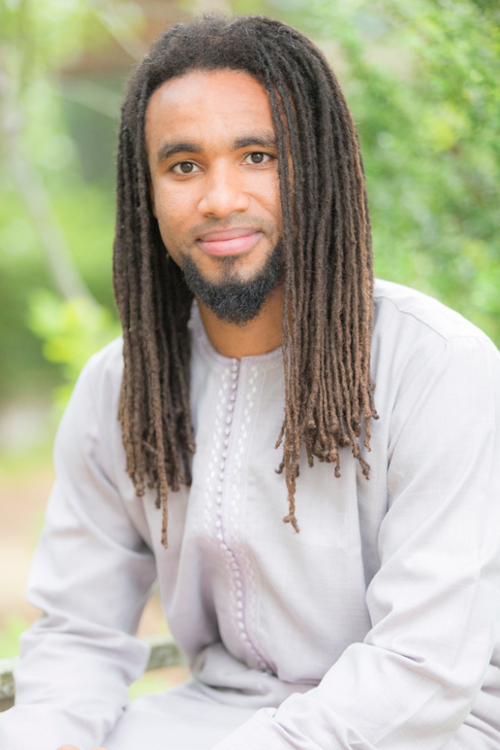
What drew you to this subject?
Being Yoruba myself, I've always been fascinated by the way the dynamics of religion in our part of Nigeria tend to cut against the grain of most Western assumptions about what religion is or how it works. The more I started studying it, the more I realized what the Yoruba way of approaching that part of life had to offer and also that scholars needed new ways of understanding it. At the same time, even since I was younger, I have noticed Yoruba society changing in important ways but had never encountered a full explanation of why it was happening.
How do the worship practices of the Yoruba differ from what we in the West tend to think of as “religion”?
In the modern West, we tend to think of religion as something that can be separated from the rest of life, as a matter of personal choice (including the choice not to get involved in it), and as largely based on an accepted set of beliefs. We also tend to view membership of one religion as being mutually exclusive from membership or participation in others. Traditionally for the Yoruba, it is impossible to disaggregate religion from other parts of life like occupation, politics, family, ethnic/regional identity, and so forth; membership in one or a small number of different forms of worship is a cosmic fact rather than a choice (much like one's family identity/ancestry) independent of any set of beliefs; and certain levels of engagement with other forms of worship are open to practically everyone.
How did this process of transformation from “forms of worship” to “religion” play out in the areas you study?
My argument is that the people who became the Yoruba had a diverse regional network of forms of worship in the precolonial era, but through contact with missionaries, Western modernity, and experiences of diaspora and repatriation during the Atlantic slave trade, they have been slowly transformed into the most widely known and practiced traditional African religion in the world. Transnational networks, the publications of scholars, interactions with Christians and Muslims, and wrestling with the forces of modernity have forged a global Yoruba religion with more rigid boundaries and several other features of "religion" in the modern sense of the world.
This process is still ongoing, creating a situation in which older members of different religious traditions often share a closer worldview to each other than they do with coreligionists of a younger generation. I chose a town called Ẹdẹ as my main site of research because, while this religious change has generally eroded a famous Yoruba tradition of religious harmony and pluralism, the sacred kings* in Ẹdẹ have done a remarkable job in navigating this tricky transition well and pose an effective challenge to many common misconceptions about religion, such as high levels of religious devotion being correlated to violence and conflict or that African ancestral traditions are slowly losing relevance in the modern era.
*traditional rulers.
